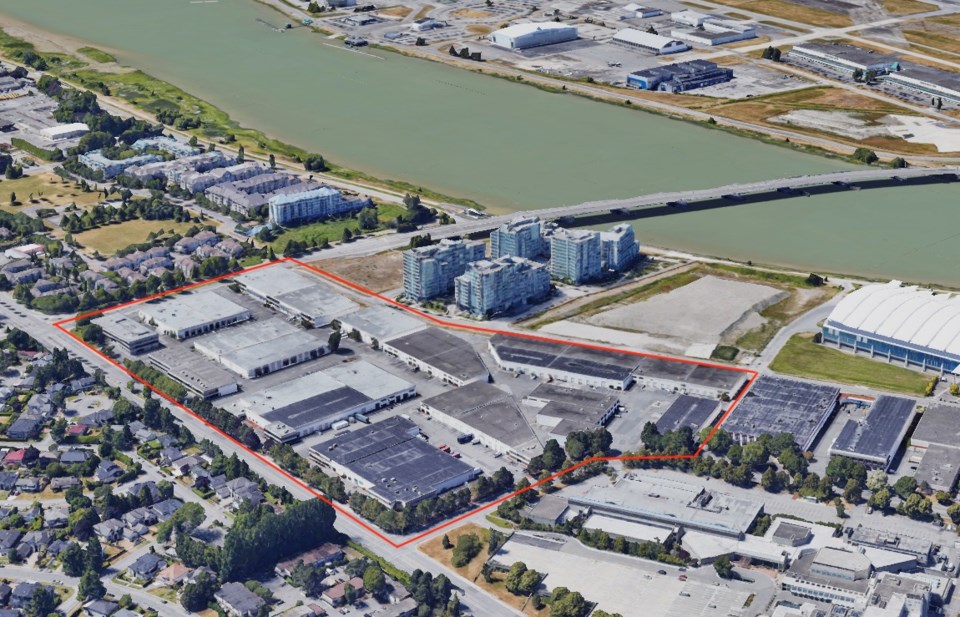Metro Vancouver’s board of directors has approved a motion to re-work its budget to ease the rising tax burden for the region’s 2.8 million residents – and saddle real estate developers with much higher costs.
The motion, approved April 19, gives staff a mandate to overhaul its 2024 budget and move toward a plan that would lower Metro fees for single households by more than 16 per cent between 2022 and 2026. The plan, however, would also increase development cost charges levied to developers when they build new residential or commercial projects.
Development cost charges (DCCs) are collected from developers and applied to the cost of infrastructure related to growth. DCCs are charged either on a per-square-foot basis or, in residential, as a flat fee per housing unit.
On April 28, the Metro board will decide whether developers, including those building new homes, will cover 50 per cent of the ballooning cost of water as part of Metro's 2024-2028 Financial Plan.
Currently there is an 82.5 per cent development fee on sewage infrastructure costs and Metro's new water infrastructure fee will be 50 per cent of related costs, if confirmed at the April 28 meeting.
If approved, the change means ”that 99 per cent of the cost of system expansion is covered by development cost charges rather than water sales to water district members or liquid waste services levies to sewerage and drainage district members,” explained Jennifer Saltman, a communication specialist with Metro Vancouver.
The Metro Vancouver DCC rates would be on top of any municipal charges for new real estate developments.
DCC rates already rising
But development cost charges are already increasing, even nearly doubling this year from a year earlier.
Richmond city council, for example, has raised its DCC rates for a new detached house from $41,885 per lot to $61,138, a 47 per cent increase. The per-square-foot development cost charge on a townhouse is up 42 per cent from a year ago, while DCCs on a new condo apartment rose 43 per cent. The higher rates would add from $32,000 to $34,000 to the end price of a 1,000-square-foot strata unit.
Commercial DCC rates are up as much as 51 per cent. The biggest hike is in major new industrial projects in Richmond, where the DCC per acre has increased 99 per cent to more than $206,000.
Richmond has approved all the increases and needs only provincial approval to bring them online.
Dana Westermark, a Richmond developer, called these DCCs “punishing,” saying they will ultimately be passed on to buyers.
“It affects the end price of all housing,” he told Glacier Media. “(It’s) delusional thinking that, somehow, development will absorb the cost and it won’t get passed on.”
Richmond is not alone in jacking up DCC rates, even as the province is encouraging municipalities to reduce barriers to new residential development.
Some municipalities have not updated their fees in years and the new rates can be steep.
After a 33 per cent increase in 2022, compared to 2018, Coquitlam now charges $60,422 in DCCs for a new detached house, $39,664 per unit for a duplex or fourplex; $35,807 for each new townhouse; and $22,694 for every new apartment. New commercial rates run from $58 to $101 per square metre (approximately $5.50 to $10 per square foot.)
The City of Vancouver adjusted its DCC rates last September 30, as it does each year. For a high-density residential project, the DCC rate is $343 per square metre, or about $32,000 for every 1,000 square feet of new housing.
Vancouver’s DCCs for new commercial projects is $24.68 per square foot, with light industrial projects paying $18.51 per square foot, both higher than the annual average per-square-foot lease costs achieved by developers.
Vancouver residential DCC rates are low compared to some suburban markets, but the city also levies community amenity contributions (CACs) that add thousands of dollars to the developer’s cost. CACs, which can be a cash payment or the donation of park space, child-care spaces or other amenities, are also now being charged by some suburban municipalities.
In Port Moody, where DCC rates are from $13 to $14 per square foot for new strata units, Edgar Developments recently paid $30 million for a new road, $2.8 million for public art works and donated 5.1 acres to BC Housing to gain approval for a 2,000-home master-planned development, the first, and largest, in the city in 20 years.
Metro Vancouver’s fee increases come amid rising inflation, ongoing debt obligations and billions of dollars in infrastructure planning across a region housing nearly half of B.C.’s population.
Metro is currently building or upgrading three wastewater treatment plants. The largest of those is the Iona Island Wastewater Treatment Plant, a $10.4 billion, 10-year project designed to meet new regulatory requirements and the needs of a growing population.
Other major capital projects include a massive upgrade to the regional body’s more than 500 kilometres of water mains — a series of projects meant to keep up with population growth and to have a better chance of providing reliable drinking water in the event of a serious earthquake or severe weather event.
Laudable spending. The question now is who should pay for it all.
- With file from Stefan Labbé, Glacier Media




